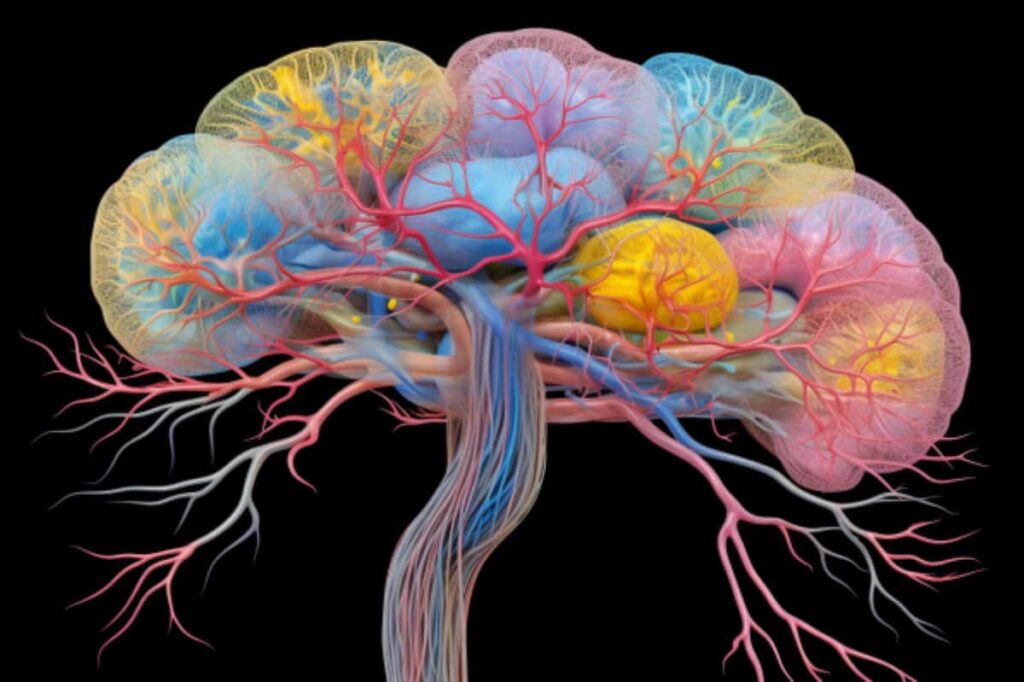Unveiling the Secrets of the Human Brain: EPFL Researchers Reveal New Insights

Researchers from École Polytechnique Fédérale de Lausanne (EPFL), led by senior postdoctoral researcher Alessandra Griffa, have uncovered groundbreaking insights into mammalian brain evolution. The comparative study, involving humans, macaques, and mice, utilized diffusion and functional magnetic resonance imaging (fMRI) scans, forming a novel approach to understanding the brain’s communication mechanisms.
Constructing ‘Brain Traffic Maps’
In an unprecedented move, the research team constructed ‘brain traffic maps’ by analyzing multimodal MRI data with the aid of information and graph theory. This approach, never before observed at a whole-brain level, demonstrated a striking difference between human brains and their non-human counterparts.
It was observed that while non-human brains rely on a single pathway for information transmission, human brains exhibit a unique structure, transmitting information via multiple parallel pathways. This structure allows for multiple representations of reality – a concept unique to human cognition and a testament to our complex abstract functions.
Implications for Cognitive Resilience and Neurorehabilitation
This groundbreaking discovery holds significant implications for understanding cognitive resilience and the potential development of new neurorehabilitation approaches. By elucidating the unique information transmission pathways in the human brain, the study provides a hitherto unexplored perspective on cognitive function and decline.
Although the study did not assess computational or cognitive abilities directly, it paves the way for future research in these areas. The potential for a deeper understanding of neurodegenerative processes in aging and strategies for cognitive decline prevention has been significantly bolstered by these findings.
Future Research Avenues
The study, published in Nature Communications, opens new avenues for future research. By providing an unprecedented understanding of the human brain’s information transmission mechanisms, it presents a novel perspective for cognitive neuroscience and neurobiology. The development of therapeutic strategies for a range of neurological conditions, including disorders of consciousness, could be significantly influenced by these findings.
As we delve deeper into the mysteries of the human brain, studies like this one underscore the importance of a multidisciplinary and innovative approach. The findings of Griffa and her team at EPFL serve as a powerful catalyst for future research, promising new insights into our understanding of the human brain and its evolution.
Source : BNN Breaking





